By Christian Kreiß.
Milton Friedman said in a 1991 speech: “Political freedom (…) has the tendency to destroy economic freedom“1. Milton Friedman is not just anybody. He is one of the main architects and masterminds of neoliberalism, which is now spread throughout most of the world, and probably the most influential economist of the last 50 years. In this speech he asks an important question: Whether economic and political freedom are compatible or not. This question will be examined below, but in reverse: Does a neoliberal, hardly regulated and lacking social market economy have a tendency to destroy political freedom and democracy?
In view of the undermining of many basic rights and the numerous restrictions on freedom in the course of the Corona measures, this question is being asked much more intensively today than in the past: Is liberal democracy compatible with a neoliberal market economy? My answer: No. The freedom-limiting Corona measures, like a magnifying glass, merely show a development that has been going on in the background for a long time; they only accelerate and intensify this trend. There should therefore be no return to the status quo ante, no return to the years before 2020.
First of all, the term “neoliberal market economy” should be specified. In the following, it will be used in the sense of Milton Friedman, who often speaks simply of “capitalism”.2 This refers to an economic policy that intervenes as little as possible in market events, which means above all tax cuts, deregulation and social cuts, as well as for companies the exclusive pursuit of the principle of maximizing profits (shareholder value)3 without consideration of social concerns by corporate leaders, because this “damages the foundations of a free society”.4 One could also speak of a “laissez-faire market economy” model.
In the following it will explicitly NOT be about a “social market economy” but of an economic order with a state that is as weak as possible and intervenes as little as possible, in which the greatest possible amount of privatization occurs while leaving as much as possible to market forces. We have seen an economic policy with this basic orientation practically worldwide since the 1980s. In this context, one can speak of the triumph of neoliberalism and the shareholder value principle.5
This kind of neoliberal, capital-friendly economic order leads to flows of money and capital which, in the long term, must not only weaken our liberal democracy, but ultimately destroy it. And this happens in the following way.
A so-called capital share is included in every product price. An example: The price of bread contains a compensation for the land owner and the capital providers. Every time we buy bread, a certain portion of the purchase price goes to the owners of land and capital (e.g. for the tractor, the mill, the oven) in the form of leases, rents, dividends or profits and interest. This applies to all products and services we buy. Most of these payments are so-called non-performance-related income, i.e. income that you receive without having to work for it. This income is what economists call “pensions”, i.e. income that is not matched by work, unproductive income that you receive simply for having assets.
In Germany, this unproductive income amounts to over 500 billion euros per year.6 That is a lot of money. To compare: Before Corona, the German Federal Minister of Finance had about 340 billion euros at his disposal per year, i.e. considerably less. In relation to private household consumption expenditure of a good 1,700 billion euros, the ratio of private household contributions to asset owners or rentier capitalists is therefore around a quarter to a third. Each of us therefore pays daily dividends, rents, leases and interest amounting to a quarter to a third of the price of the products and services to the recipients of these unproductive incomes, even if we have not taken out a loan from the bank and live in our own four walls.
To whom does this huge flow of money of over 500 billion euros per year flow? The largest part, namely about 80%, goes to the wealthiest 20% of German citizens, because they own about 80% of Germany’s net assets – that is assets minus debts – while the bottom 50% of German citizens together have almost no net assets.7 These are the official figures used by the German government. Mrs. von der Leyen said in 2013 as Minister of Social Affairs that the lower half of German citizens own one percent of all assets. Viewed globally, the inequality of distribution is even greater. One percent of the world’s population owns a good half of the earth’s wealth, the top 10 percent own 85 percent of it.8 Thus, in daily life, a hidden redistribution is constantly taking place through unproductive payment flows that flow from everyone to comparatively few people, a redistribution “from hard-working to rich”.
In Germany (as in practically all other countries) we have a perfectly, silently and highly efficient wealth tax. Everybody pays constantly to the rich. Every time we buy a cappuccino or something else for one euro, about 10 cents go to the richest one percent of the population and almost 20 cents to the upper third of the population. Viewed globally, the proportion is even slightly higher. Whether we like it or not, whether we know it or not, is irrelevant. Due to these permanent, hidden money flows from all too few, the few slowly but surely become richer and richer if a government does not do anything about it, but instead pursues neoliberal economic policies, for example by levying relatively low or no capital, property, inheritance and land taxes or by lowering income taxes. A politically desired laissez-faire market economy automatically leads to increasing inequality in the distribution of wealth and income. And it is precisely this phenomenon that we have been able to observe almost worldwide since the 1980s.9 As a result, the number of billionaires automatically increases and they receive ever higher shares of total assets.10
However, redistribution from the bottom to the top means not only an economic, but also a political and social shift in power. Multi-billionaires such as Elon Musk are received almost like heads of state during their visit to Germany in early September 2020, even though no one elected them democratically. The same applies to Bill Gates, who receives enormous media attention for his ideological or political views and thus has enormous influence on political decisions. But nobody has ever democratically elected Bill Gates. The only thing that legitimates him or Elon Musk is his huge economic capital power. This applies to practically all multi-billionaires, whether George Soros, Jeff Bezos, Warren Buffet, Larry Fink (the boss of Blackrock), etc. Economic money power can at any time be transformed into massive political influence by people who were never and by nobody democratically elected. These are dangerous, anti-democratic processes. This undermines a liberal democracy.
The sociologist Krysmanski already summed up the political and social influence of large sums of money in his book “0.1 Percent – The Empire of the Billionaires”, published in 2012: “Billionaires determine – by means of a network of foundations and organizations and through the information industry – the educational system of entire countries; they own private universities, large parts of the health care system, the most important newspaper, television and film companies. They have private armies. Scientific advisors, art and cultural strategists, politicians are “bought” without much distinction.“11 The Nobel Prize winner Joseph Stiglitz also sees the enormous influence of billionaires on various areas of life, but especially on the media, as a threat to democracy. He calls a whole chapter of his book “The Price of Inequality”, published in 2012, “Democracy in danger”.12
Between 2009 and 2016, foundations in the USA are said to have invested more than a billion dollars in journalistic projects.13 The Bill and Melinda Gates Foundation alone is said to have transferred 250 million dollars to leading magazines and media houses worldwide.14 In addition, a large number of media houses in Germany (as well as in most other countries) are in the hands of a few families, who are usually multimillionaires or billionaires. The owners appoint the editors-in-chief and thus largely determine the ideological content of their newspapers and stations.15 In addition, there are party donations and contributions to members of parliament, which are only disclosed very incompletely, interesting job offers for politicians in industry before or after their term of office, more lobbyists than members of parliament in the Bundestag, etc., etc. There are constantly massive interventions in democratic decision-making processes and attacks on our liberal democracy. Real democracy simply stands in the way of these power interests.
In short: it is very difficult to govern against the interests of the billionaires in most countries. This often has little to do with democracy. Laissez-faire market economy will and must not only undermine our liberal democracy in the long run, but will destroy it, because it contradicts the interests of the billionaires. Only one of the two is possible: Neoliberalism or democracy. Money rule or liberal democracy. The Corona measures worldwide have brought this dilemma vividly to the point. In many countries of the world, basic democratic rights have been suspended. Small and medium-sized enterprises have been and are being driven into ruin by the millions. The big beneficiaries of this policy are the billionaires and major shareholders, whose assets have increased dramatically since the Corona lockdowns.
Our democracy is in danger, also in Germany. And above all, many of our basic rights are in danger. For decades we have been seeing, in the background, an ever increasing concentration of power among very few, very rich people, a concentration of power among people who have never been democratically elected. If we do not see through these dangerous processes and do nothing about it, our liberal democracy will be destroyed. Only one of the two is possible: Free democracy or neo-liberalism, democracy or little-regulated capitalism, democracy or the rule of the moneyed aristocracy. We must choose.
Prof. Dr. Christian Kreiß, born 1962: Studies and doctorate in economics and economic history at the LMU Munich. Nine years of professional activity as a banker, seven of which as an investment banker. Since 2002 professor at the University of Applied Sciences Aalen for Finance and Economics. Three invitations to the German Bundestag as an independent expert (Greens, Left Party, SPD), trade union member at ver.di. Numerous television, radio and magazine interviews, public lectures and publications.
Sources:
1 Rede vom 1.11.1991: „Economic Freedom, Human Freedom, Political Freedom“: „political freedom, once established, has a tendency to destroy economic freedom“: https://thedailyhatch.org/2016/01/28/transcript-of-milton-friedman-speech-from-1991/, Stand 2.9.2020.
2 Vgl. Milton Friedman, Capitalism and Freedom, Chicago and London 2012, Erstveröffentlichung 1962
3 Milton Friedman, „The Social Responsibility of Business ist to Increase ist Profits“, The New York Times Magazine, September 13, 1970: „there is one and only one social responsibility of business–to use its resources and engage in activities designed to increase its profits so long as it stays within the rules of the game, which is to say, engages in open and free competition without deception or fraud.“
4 „harm the foundations of a free society“, Friedman 1970
5 Vgl. Kreiß/ Siebenbrock (2019), Blenden, Wuchern Lamentieren, Berlin
6 Vgl. Kreiß, Christian (2019), Das Mephisto-Prinzip in unserer Wirtschaft, Hamburg, S.42ff.
7 Vgl. Deutsche Bundesbank Monatsbericht März 2016, S.67
9 https://www.weforum.org/agenda/2018/11/is-income-inequality-rising-around-the-world, WEF 23.Nov.2018: „weighted average Gini index increased by four percentage points, from 36.7 to 40.8” 1990-2015
10 Vgl. www.inequality.org, Rundmail vom 31.8.2020. Demnach haben heute die 10 reichsten US-Amerikaner einen ebenso hohen Anteil am Gesamtvermögen wie 1982 die reichsten 400. Der Konzentrationsprozess hat also enorm zugenommen
11 Krysmanski, Hans Jürgen (2012): 0,1 Prozent Das Imperium der Milliardäre, Frankfurt/ M., S.18
12 Stiglitz, Joseph (2012): The Price of Inequality, London, S. 118-145.
13 Taz 4.2.2020: https://taz.de/Stiftungsfinanzierter-Journalismus/!5656369/ Stand 4.9.2020
14 https://bretigne.typepad.com/on_the_banks/2020/08/shock-report-fact-checkers-remove-article-detailing-bill-gates-funding-of-fact-checkers.html?eType=EmailBlastContent&eId=cb7815ec-b186-4c22-b92f-548ed921fa16
Stand 3.9.2020
15 Vgl. Kreiß 2019, S.148ff.
+++
Thanks to the author for the right to publish.
+++
Image source: eldar nurkovic / shutterstock
+++
KenFM strives for a broad spectrum of opinions. Opinion articles and guest contributions do not have to reflect the views of the editorial staff.
+++
KenFM now also available as a free app for Android and iOS devices! Via our homepage you can visit the stores of Apple and Google. Here is the link: https://kenfm.de/kenfm-app/
+++
Support us with a subscription: https://www.patreon.com/KenFMde
+++
You like our program? Information about further support possibilities here: https://kenfm.de/support/kenfm-unterstuetzen/
+++
Now you can also support us with Bitcoins.

BitCoin address: 18FpEnH1Dh83GXXGpRNqSoW5TL1z1PZgZK


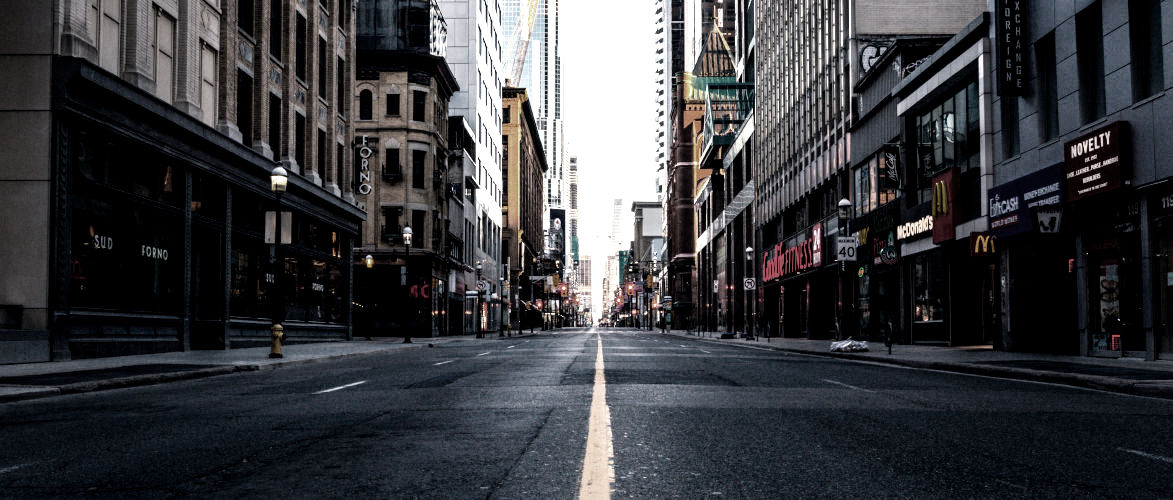
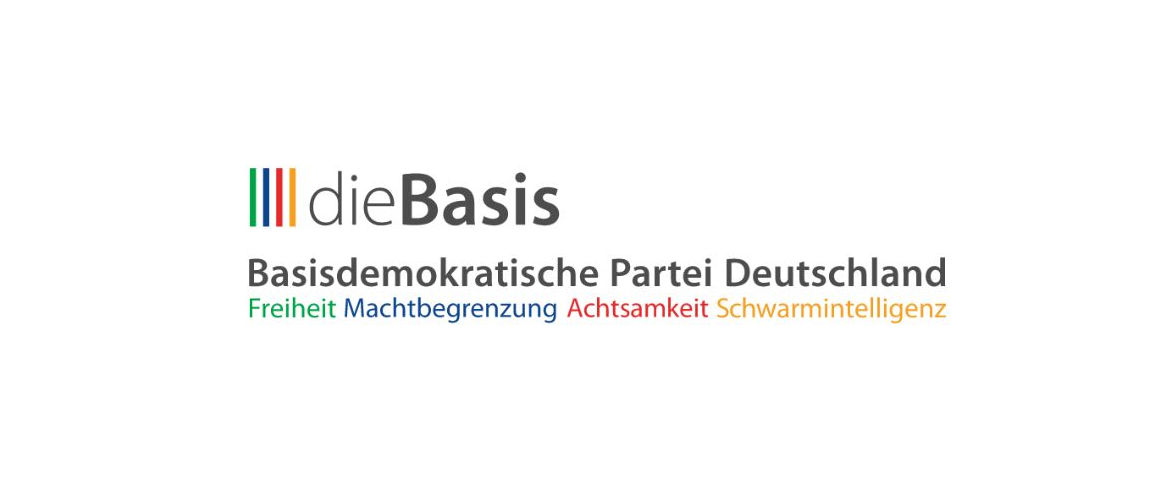
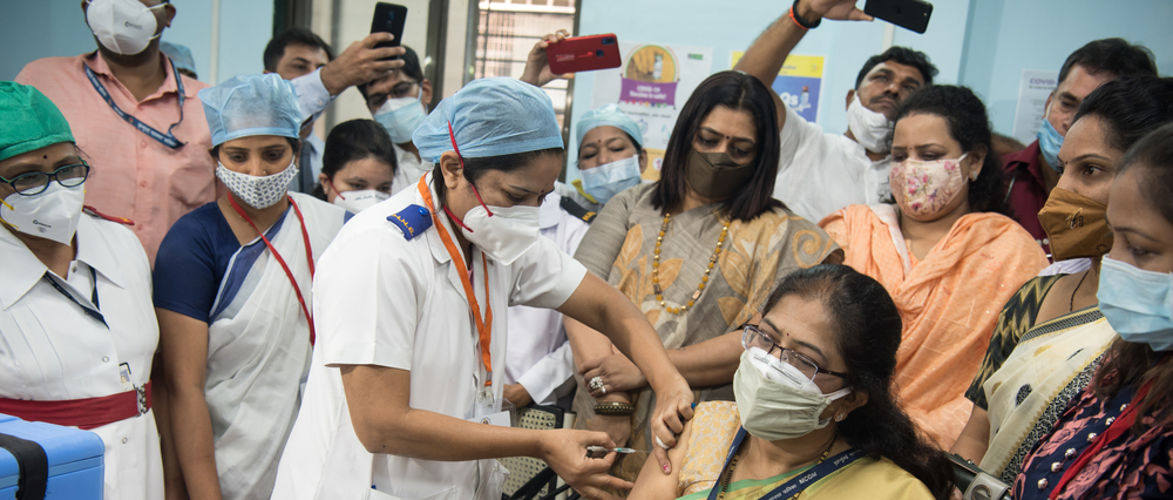

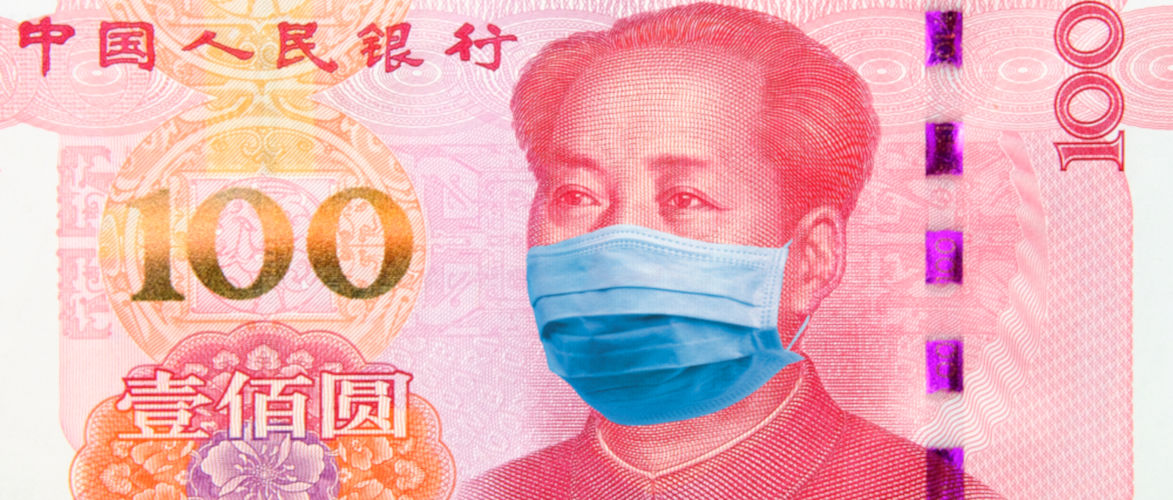

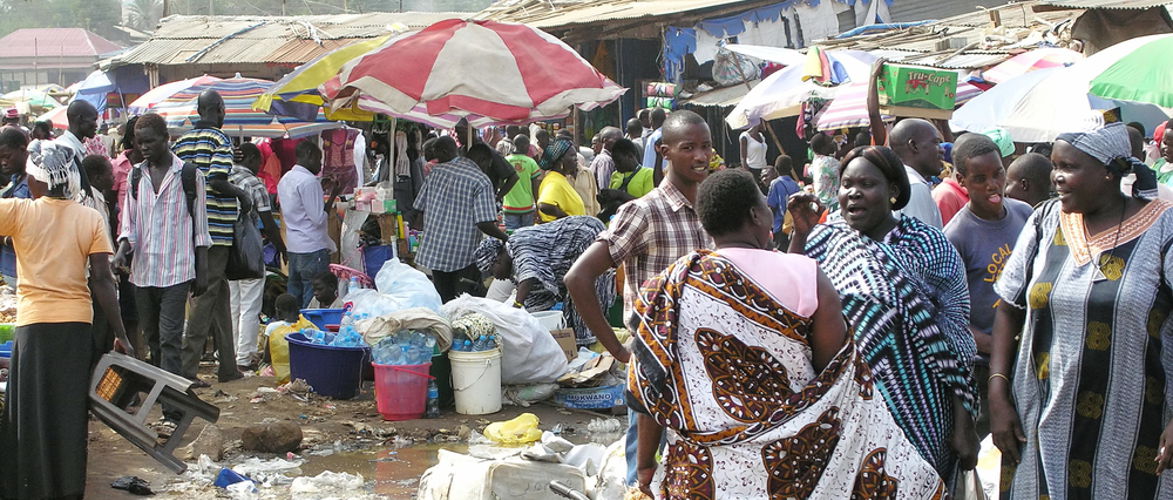
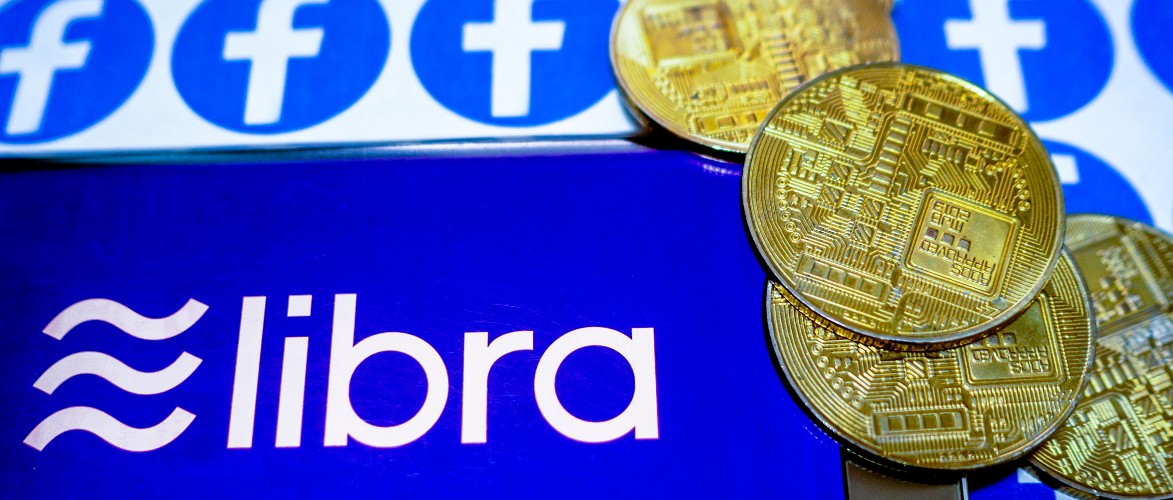
Kommentare (0)